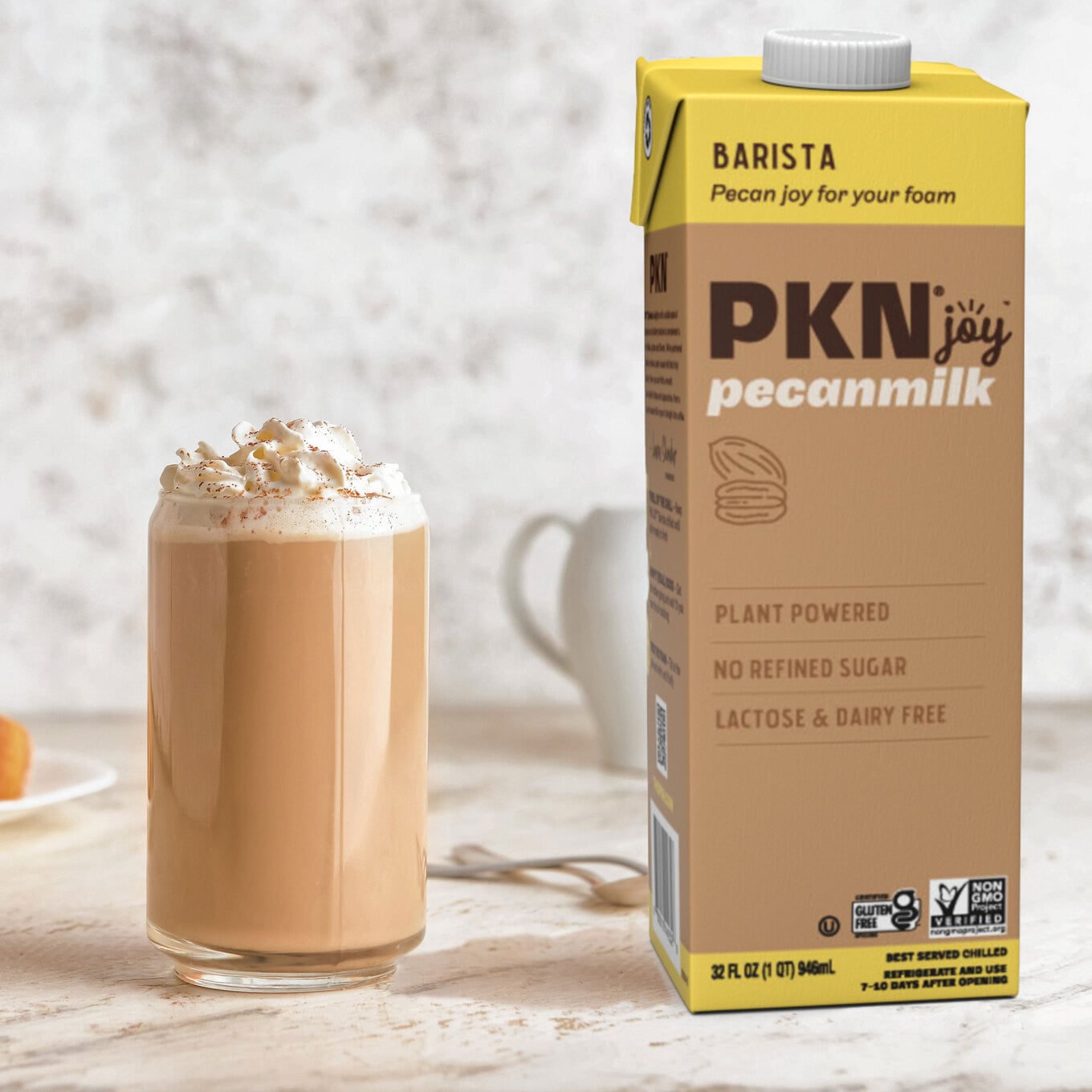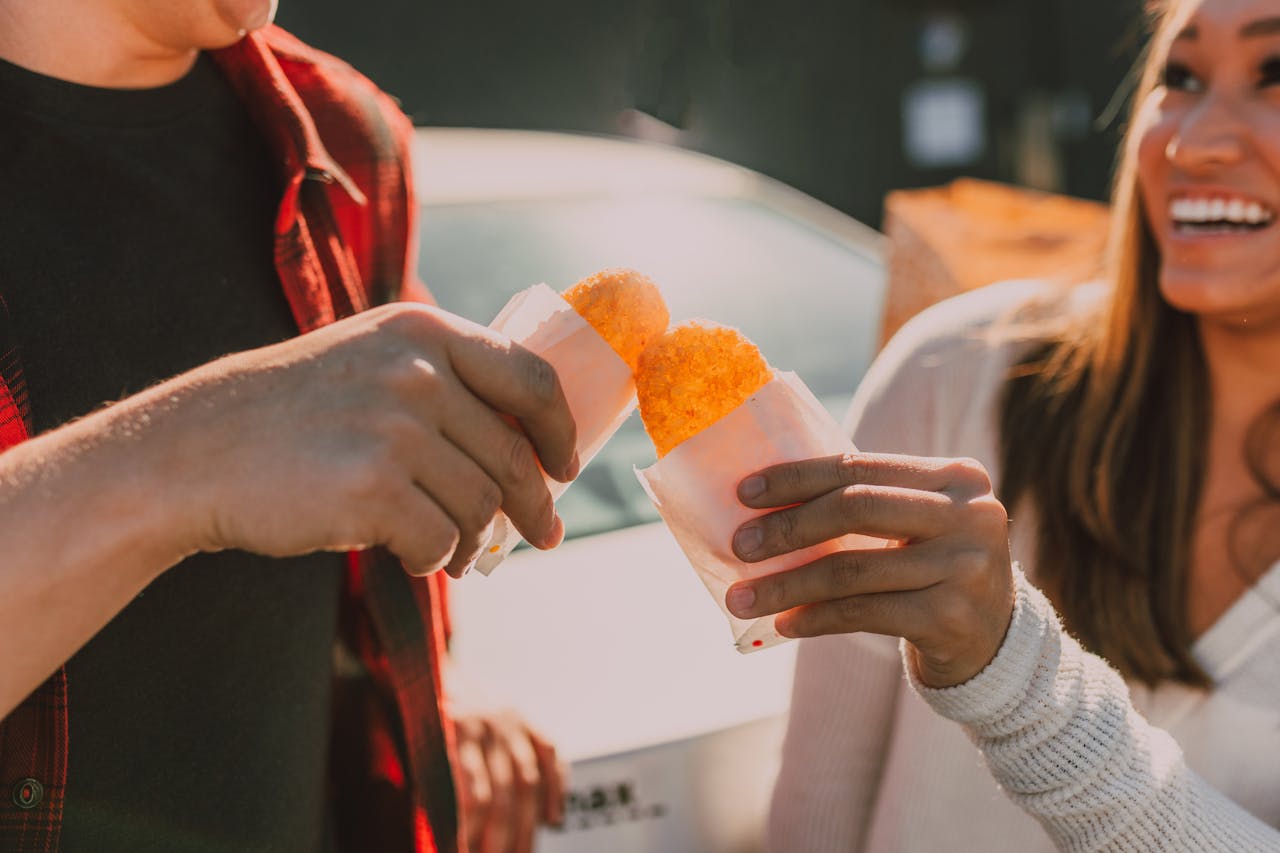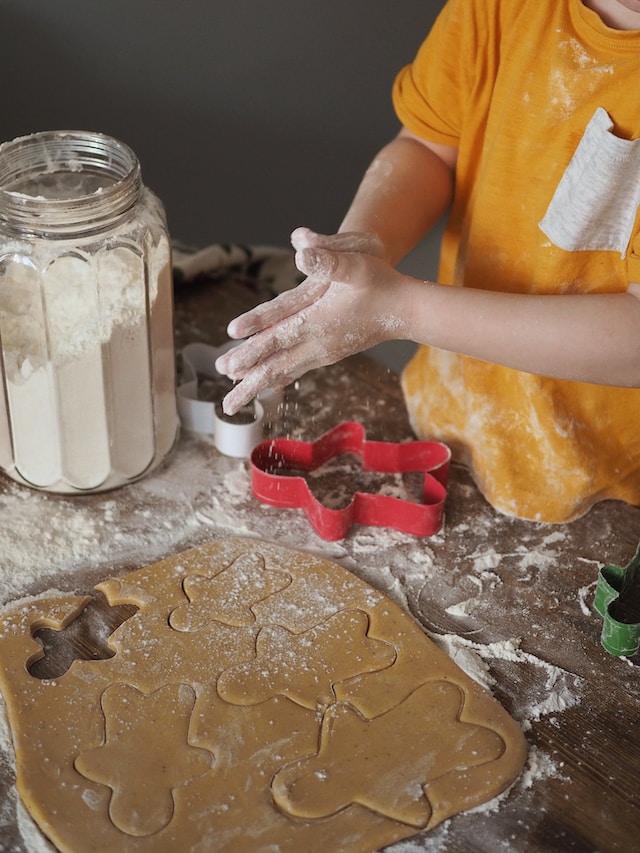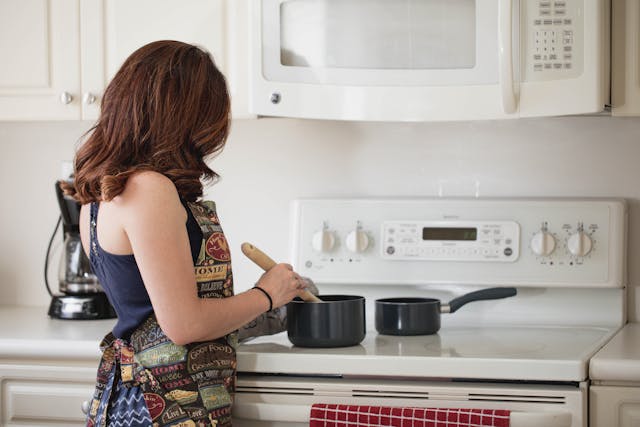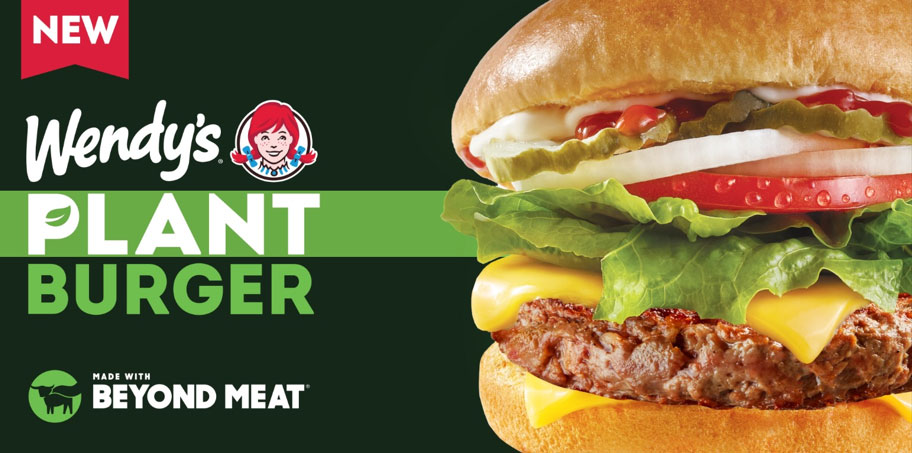Entrepreneur, community organizer, and mother are all titles Jessica Cruz holds proudly. They are the culmination of years of work—networking, pooling resources, and of work—networking, pooling resources, and kind. A passionate advocate for sustainable living and eating, Jessica’s dream has been to create a platform where veganism is celebrated, accessible, and delectable. Vegan Street Fair has not just been an event to achieve all that; it’s a testament to her dedication, drive, and belief that plant-based living could be both joyful and mainstream.
But as the ebb and flow of life would have it, Cruz was confronted with a chapter she hadn’t written into her story: a breast cancer diagnosis. Always keen on finding silver linings, she transformed this personal battle into a broader message. Her platform now bore an additional layer: a call to embrace our vulnerabilities and understand the ties between our food choices, the environment, and our own wellness.
Through her journey, Cruz isn’t just surviving, she’s thriving—exemplifying the fact that our trials, no matter how personal, can resonate and inspire a community.
Just days before a successful double mastectomy, VegNews sat down with Cruz to peel back the layers of her experience, diving deep into the ever-evolving tapestry of Vegan Street Fair, and exploring the tender crossroads of vegan advocacy and personal well-being.
MoreUnique Photography
JASMIN SINGER: First of all, how are you doing?
JESSICA CRUZ: I’m good. It’s so interesting because you go through all the phases you see on TV and movies where they tell you the news and everything goes mute. It’s like this tunnel vision thing. You go through the stages of grief. You’re just in disbelief and anger, and you have moments of tears. But ultimately, the best part about this whole situation, thankfully, is once I had my meeting with the surgeon, she said it’s not aggressive. We caught it early.
JS: I’m really happy to hear that. Can I ask you how you found out?
JC: I’m 41, and you hear all the time that you should get a mammogram or sonogram at 40, but it’s not something that Kaiser necessarily sends an email about. So I felt something, and I was like, that doesn’t feel right. So, I tried to make an appointment. It was two weeks out but I said, no, I’m not going to wait. So I went into urgent care the next day. I did a mammogram and a sonogram … and now, boom, here we are. For all of our problems with healthcare in this country, I have felt so grateful that I have freaking insurance to take care of this.
JS: I’m 44, and I’m getting my first one next week. My doctor said I didn’t need to yet because I don’t have the gene—but we have to self-advocate, right?
JC: Right. I don’t have the gene either. I do recommend it for anyone who turns 40—even sooner, to be honest. I just know the earlier you do this, the better, because why not?
JS: How has your community been reacting? Are you dealing with the whole “let me give you some advice that you didn’t ask for” phenomenon?
JC: You nailed it. When people hear news like this, their gut instinct is, “I want to help. I have a person. I have a thing, I want to help you.” And all those things are lovely and beautiful. The problem is, it’s very overwhelming for people in my situation.
It’s like: do you know how much information I am downloading at this time? Not just from you, but from my doctors, my own research, from people who have gone through this, whom I’ve personally reached out to because I trust them?
And so, instead of all the “get a second opinion, you don’t need surgery, try this CBD, do this, do that,” what I think is really important is to ask the person, “What type of support do you need?”
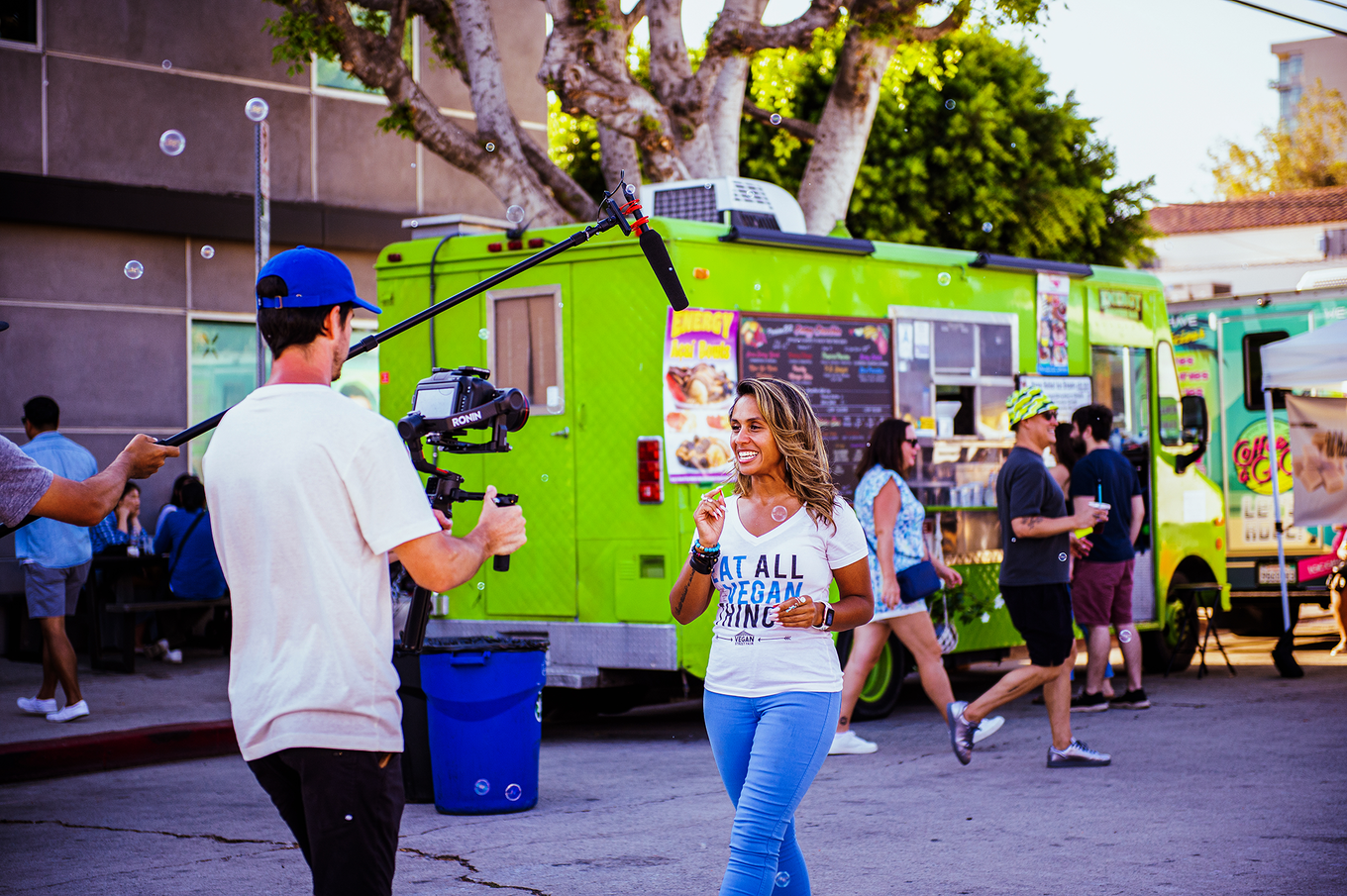 MoreUnique Photography
MoreUnique Photography
JS: How has this worked for you internally regarding the fact that you are a very public-facing vegan? Were you at all concerned about the rhetoric that vegans don’t get sick, which is, of course, complete BS?
JC: I’m so glad you said this—this is the first time I’m getting to talk about this, so thank you for allowing me to actually have this conversation.
It goes to this ableist narrative. So often within the vegan community, veganism is some kind of magic thing that prevents all things. That’s not the case—it is a lifestyle. We could talk about how much better it is for our cholesterol levels [and] so many different things. But please don’t sit here and say, “You will be cancer-free if you’re vegan.” It’s bullshit. It actually hurts my feelings because I have been a vegan for many years. I know what I’m doing. I eat very well. I take care of my body. And I got cancer. This is real life.
JS: You and I have something else in common: we’ve both had public weight journeys, and we’ve also both been very outspoken against fatphobia, especially within veganism. You’ve been very public about your weight journey. Can you tell us about what’s been going on with you physically?
JC: Yes. So before I was vegan, I was an athlete. I did gain some weight when I was younger, and then I gained 55 pounds during college and then lost it all. I was a contestant on American Gladiators in 2008. I had my son in 2011. I was vegan at that point for about a year. Slowly but surely, I started to do events, and I started to gain some weight. Because for me, discovering veganism was like this beautiful lightbulb moment. But it was also like I was a baby—new in the world. “What are all these amazing foods that you can eat?” I ate it all, and I don’t regret it.
JS: It was our moral imperative as new vegans, right? We were obliged to try all the vegan food out there.
JC: Yes. And your social media had to reflect it, and everybody had to know it. But in the process, I gained about 80 pounds. So it wasn’t simply the food; it was also my mindset. I wasn’t in a healthy headspace at the time. And I think that reflected how I was not taking care of my body … not putting myself first. And this has zero to do with veganism. It has everything to do with just me not wanting to change.
I was vegan when I was fat. I am vegan now. I simply make different choices. This is a liberation movement at the end of the day, right?
Why is it that vegans need to look a specific way to fight for animals? You don’t need a specific way to fight for women, for the LGBTQ+ community, for Black Lives Matter—for any other liberation movement.
No one gatekeeps you and says you have to look a certain way because you’re gonna make that movement look bad.
With veganism, people expect you to look a specific way. I wish I had a nickel for every single time I heard someone say, “Fat is making veganism look bad.” What the hell does that have to do with saving animals? It makes no sense to me, and it never has.
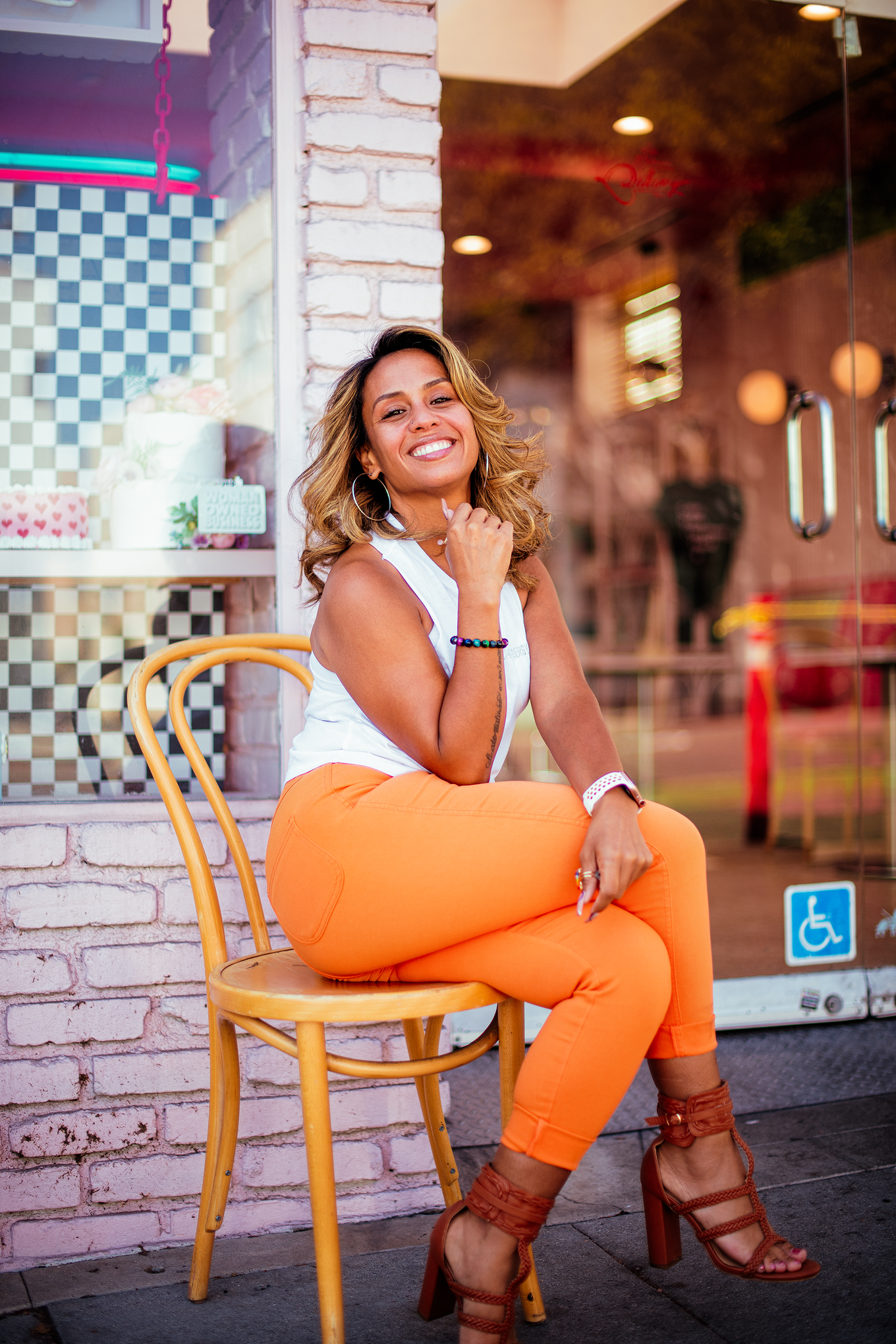 MoreUnique Photography
MoreUnique Photography
JS: Exactly. I always thought you were beautiful—it hasn’t changed at all. But what I am noticing right now is this exuberance and this glow. You’re getting a mastectomy in a few days and are just exuding sunshine. How do you do that?
JC: It’s always about mindset. What changed for me was that I left a situation where I felt unhappy and made every single stride to be happy again. One of the hardest things to come out of this is mother martyrdom. Which is like: you are meant to give your entire soul to your children, and if you don’t do that, you’re a bad mother.
What society tells women to do is essentially put themselves last. But you become less of yourself. You don’t have an identity because it’s wrapped up in others. I’m a better mom now because I take care of myself, and I show up as me. And that’s how I’m able to talk to you four days before I have a double mastectomy, which is going to totally uproot and change my whole life. I’m living the life that I choose. That’s super important to me.
JS: That’s amazing. Okay, now, Vegan Street Fair. It’s something that is a direct reflection of all the positivity you put in the world. What inspired the idea for … I want to call it a vegan food festival, but it’s so much more than that. It’s really a movement.
JC: I love that you said that. That’s what it is, and oddly, I don’t know that I started off thinking that. I don’t think that anybody who creates something thinks that it’s going to be a movement.
For me, Vegan Street Fair started as a love letter to New York, where I grew up. Street fairs were everywhere around me. The San Gennaro festival has been around for decades—I was so familiar with that event and the fact that you don’t have to be Italian to go enjoy this festival that happens in Little Italy. You’re enjoying the music, the food, the people, and you leave with yummy feelings and want to come back year after year. For me, that’s what I wanted for veganism.
I tell people all the time that Vegan Street Fair is not for vegans, and I don’t care who hates that—vegans like us can find vegan things in a gas station. Vegan Street Fair is for non-vegans to walk into an event like they belong. And we have $4 options, which is very purposeful because if you’ve got $4 in your pocket, I want you to walk away with something delicious.
“Vegan inception” is this idea that I plant a seed, potentially, because you came to a festival that is full of good energy, full of happy people, and the food is incredible. Nobody’s in your face making you feel bad about the fact that you eat animals. I don’t care, because guess what? I used to do that, too. So really, it’s all about those people discovering a movement and a group of people they feel like they want to be a part of—whether they are fat, whether they are queer, whether they are Black, white, brown, whether they have a specific religion. Every single person is welcome here.
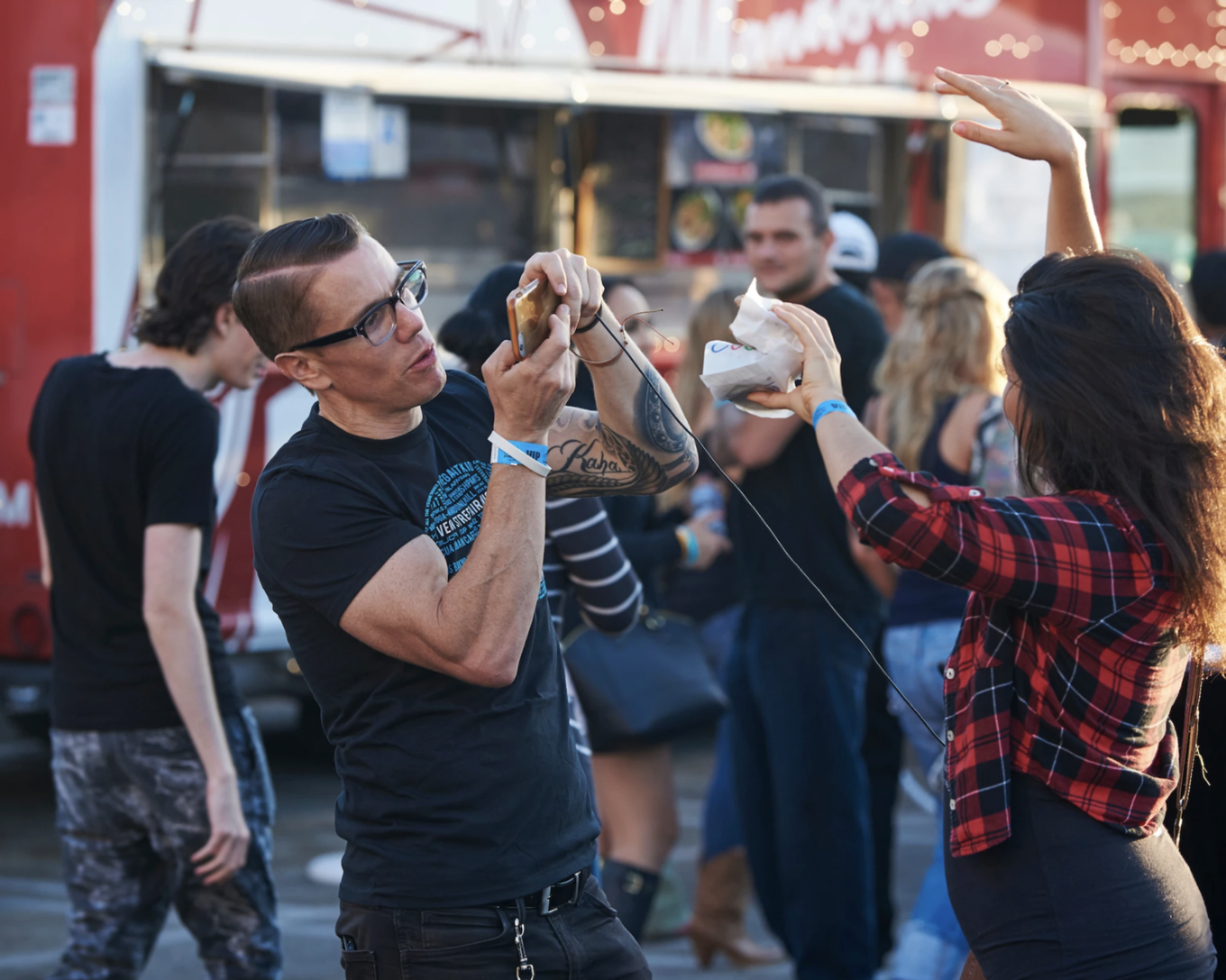 Vegan Street Fair
Vegan Street Fair
JS: 2023 marked the first year that Vegan Street Fair became a national event, with the event coming to nine different cities across the US. How did you choose the cities?
JC: That was tricky because a lot of them were very near and dear to my heart. Obviously, when we did New York, I could have done any borough. I could have chosen Brooklyn, which everyone wanted me to do. I’m from the Bronx. The Bronx needs veganism more than any borough out there.
And I’ll never forget the community being like, “Why the Bronx? I’m not coming. I’m gonna get shot” … all the myths. But I love the opportunity to prove people wrong. I do it with Vegan Street Fair, with talking about mindsets, and now, this breast cancer situation. Please allow me to show you something different, because you don’t actually know what the Bronx is.
And the amount of people who hugged me and thanked me for bringing Vegan Street Fair to the Bronx and nowhere else—I cried the whole day.
So I chose cities that were familiar to me. My ex-husband and his family live in Seattle. So he spends a lot of time there, and people are like, why not Portland? Because Portland doesn’t need it.
JS: What do you want to happen with your platform?
JC: We are watching so many vegan vendors go under, shuttering their businesses. It is horrifying. So I wanna take those vendors and give them a lifeline. I want to put them on tour, pack 40 of the best vendors in the entire country into a truck, take all their stuff with us across the country, and pop them up once a month in these cities on tour with Vegan Street Fair so that we give them a second life.
I have the infrastructure. These events are so successful that I can give this to these people and help them, and help the animals, and help the movement.
JS: So what I am hearing, and what I love about this ethos, is that you’re leveraging your community—including a lot of marginalized people.
JC: Yes. It’s always been built on supporting the most underrepresented because when I used to go to vegan events before I started running them, I will never forget for as long as I live the feeling of being othered as a fat brown woman at veg fests—feeling like I wasn’t thin enough to be walking through these events or because none of the food that I was familiar with was represented.
So for me, Vegan Street Fair is an opportunities for people like me and the most underrepresented in the community to try foods they are familiar with—to walk through the street and see people who look like them.
We want all bodies and colors and types there because I want you as a person to walk through and say, “Oh, I belong.”
So the majority of the vendors are primarily Black, brown, queer, single moms, and/or women because those are the people that I want to support the most. It’s not that I’m specifically looking for them, but they feel safer in the space I’ve created for them. I think that’s really what sets Vegan Street Fair apart.
EDITOR’S NOTE: As of November 2023, following a round of successful procedures, Jessica is now cancer-free and relishing all that life has to offer.

